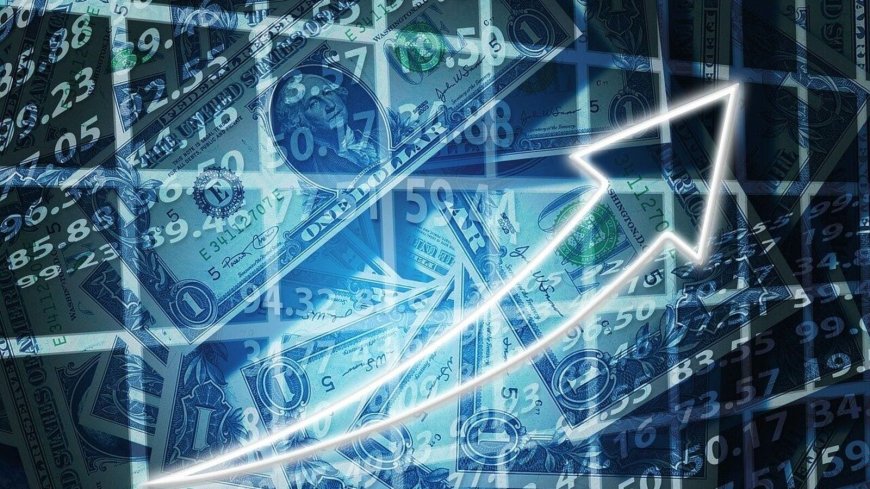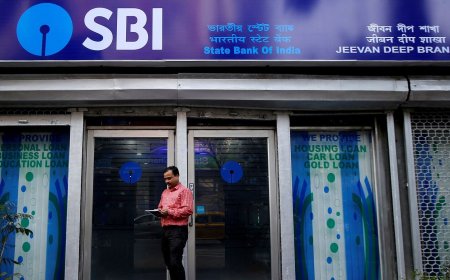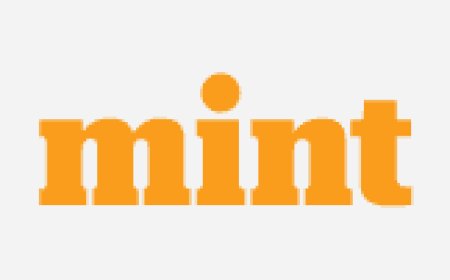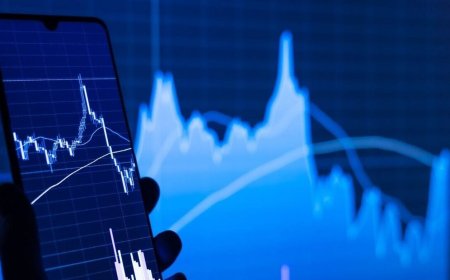Jiangsu Hengrui Pharma stock spikes 10% to 4-year high on drug development deal with GSK – here’s what the company does
Jiangsu Hengrui Pharma stock surged 10% after a $1.2 billion drug development deal with GSK. Learn about the company, its pipeline, and investor outlook.

Shares of Jiangsu Hengrui Pharmaceuticals surged by 10% on Monday, touching a four-year high on the Shanghai Stock Exchange, after the Chinese drugmaker announced a major collaboration with global pharmaceutical giant GlaxoSmithKline (GSK). The partnership marks a significant milestone for Hengrui, signaling its growing clout in global drug innovation and commercialization.
The rally pushed the stock to its highest level since 2021, underlining market optimism about the company’s potential to evolve from a domestic generics player into a global biopharma contender.
The Deal: A $1.2 Billion Collaboration
According to a joint statement issued by both companies, GSK will collaborate with Hengrui on the development and commercialization of SHR-A1811, a next-generation antibody-drug conjugate (ADC) targeting B7-H4, which is being evaluated in clinical trials for solid tumors including breast, ovarian, and endometrial cancers.
Under the terms of the agreement, GSK will pay Hengrui $120 million upfront, with milestone payments and royalties that could reach up to $1.2 billion. Hengrui will retain rights to commercialize the drug in China, while GSK will hold exclusive rights in global markets.
“This strategic collaboration underscores our belief in the transformative potential of ADCs in oncology,” said Emma Walmsley, CEO of GSK. “By partnering with Hengrui, we gain access to a highly promising candidate and accelerate our mission to provide novel cancer treatments.”
What Jiangsu Hengrui Pharma Does
Jiangsu Hengrui Pharmaceuticals Co., Ltd. is one of China’s largest and most innovative pharmaceutical companies, specializing in oncology, anesthesia, immunology, and cardiovascular treatments. Founded in 1970 and headquartered in Lianyungang, Hengrui began as a producer of generic drugs but has transitioned into a research-driven biopharmaceutical company over the past two decades.
The company now allocates more than 20% of its annual revenue to research and development (R&D), operating several global R&D centers in the U.S., Germany, and Japan. Hengrui's pipeline includes over 200 candidates, with multiple new chemical entities (NCEs) and biologics in late-stage clinical trials.
“From a copycat to an innovator — Hengrui represents the next generation of Chinese pharma companies that are now leading in original drug development,” said Dr. Jian Li, pharma equity analyst at China International Capital Corp (CICC).
Market Reaction and Broader Implications
The announcement sent Hengrui’s shares soaring by the daily limit of 10% to close at ¥57.60 on Monday, adding over ¥40 billion ($5.5 billion) to its market capitalization. The surge also helped boost investor sentiment across China’s healthcare sector, with other domestic biotech names including BeiGene and Innovent also posting modest gains.
“Hengrui’s deal with GSK validates the scientific caliber of Chinese biotech firms,” said Clara Zhang, a portfolio manager at Harvest Fund Management. “It shows that Western Big Pharma sees long-term value in partnering with Chinese R&D engines, not just for China market access, but for truly global innovation.”
The timing of the announcement also aligns with global investors increasing their exposure to emerging market healthcare firms, especially as U.S. and European pharma giants seek diversification and innovation synergies in Asia.
Analysts Bullish on Hengrui’s Outlook
Investment banks were quick to upgrade their outlook on Hengrui following the announcement. Morgan Stanley raised its price target by 15%, citing a “landmark licensing deal” that could open the door to more collaborations with multinationals.
“SHR-A1811 is not just another ADC candidate — it is backed by compelling early-phase data and targets a novel pathway with limited competition,” said Dr. Yichen Xu, a healthcare analyst at Morgan Stanley Asia. “This deal is a clear inflection point.”
Citic Securities echoed the optimism, projecting strong pipeline monetization and a potential revenue bump from upfront and milestone payments starting FY2025. The firm also noted that retaining China rights gives Hengrui a unique dual-market advantage.
Investor Outlook: What's Next for Hengrui?
For investors, the GSK deal represents more than just a near-term boost — it’s a reflection of Hengrui’s maturing innovation ecosystem and global ambition. Analysts believe the company could strike more cross-border deals in the near future, leveraging its deep oncology pipeline.
Hengrui is also preparing for the global launch of several late-stage assets in the next two years, including dual immunotherapy candidates and targeted small molecules for lung and gastric cancers.
The deal positions Hengrui well in the highly competitive ADC space, a sector projected to grow at a CAGR of 20% through 2030, reaching a market size of over $25 billion. If SHR-A1811 succeeds in Phase II and III trials, it could be a major revenue driver by the end of the decade.
However, risks remain. Regulatory challenges, especially from the U.S. FDA, and intense competition in the global oncology market could temper long-term earnings. Still, many see this as a transformational moment.
“Innovation is now the core currency of pharmaceutical leadership, and Hengrui has just made a strong global deposit,” said Zhou Kai, Managing Director at Sinovation Ventures.
Jiangsu Hengrui’s stock rally underscores investor confidence in its evolution from a generics producer to an innovation-led biopharma powerhouse. With a blockbuster partnership with GSK and a strong late-stage pipeline, Hengrui appears poised to take its place on the world stage of oncology innovation. As investors and global partners continue to take notice, the next chapters of Hengrui’s journey will likely shape the future of Chinese pharma in the international market.
What's Your Reaction?
 Like
0
Like
0
 Dislike
0
Dislike
0
 Love
0
Love
0
 Funny
0
Funny
0
 Angry
0
Angry
0
 Sad
0
Sad
0
 Wow
0
Wow
0













































































